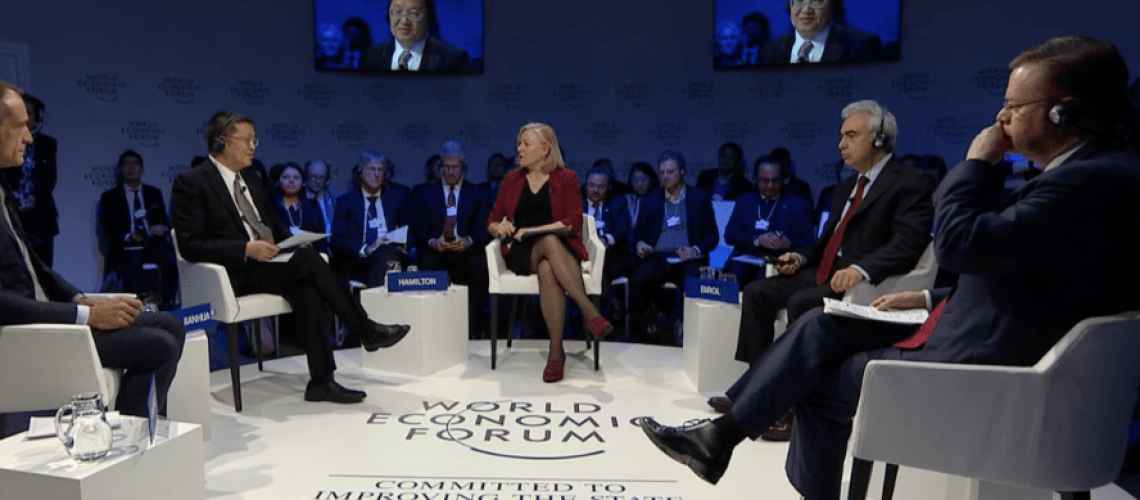The words “emotional” and “spiritual” may not be the first to come to mind when you think about driving business forward as an organizational leader. But the most successful leaders are able to transition from supervising day-to-day technical operations to engaging with their teams and colleagues — a skill that’s fostered by the emotional and spiritual connectedness.
Working back to the future
I was fortunate enough to spend three days at an offsite — and by “offsite,” I mean in another country, away from the main city, with 12 phenomenal WoodMac leaders in an environment centered on the concepts of Future – Engage – Deliver (FED). Led by a highly experienced leadership consultant, the FED approach (credit to Steven Radcliffe) focuses on growing better leaders and engaged teams at all levels of an organization. It was an amazing experience to not only learn new leadership frameworks, but also to connect to my colleagues on a deeper level and experience my own profound self-reflection.
The essence is that leading always starts in the Future, with ideas and thoughts about how you’d like things to be. Second, you have to engage people so that they want to build that Future with you. And then you draw the best from yourself and others to make things happen. It’s as simple as that and all of us can flex these muscles to make an even bigger difference.
FED in a nutshell, Steven Radcliffe
Understanding your core
It was truly amazing to gain a better appreciation for how connecting with people on an emotional and spiritual level helps build, strengthen and deepen relationships. Likewise, practicing self-awareness brings to light the very qualities that make you, you. The FED retreat challenged us to find our core by asking fundamental questions:
• What is it that I truly value?
• What is at the center of my beliefs?
• How do these core values and beliefs impact the way I show up as a leader?
By creating an open space for emotional and spiritual exploration, we became more open to one another not just as leaders, but as individuals. It shed an entirely new light on what we already notice and feel around amazing leaders, bringing their humanity to the forefront and creating more space for engagement.
Going big
So, why do we need these “big relationships” in the workplaces? Big relationships are important not only to getting things done, but also to offer you support while you’re trying to accomplish those things. The key to forming these big relationships is the ability to listen to others and understand them, not simply to respond (my personal goal right now!). Fostering this connectedness means remembering to show appreciation and gratitude regularly to those in service of the outcomes we set out to achieve.
Although our offsite was designed for leadership training, the principles FED promotes are for everyone, regardless of your work position or stage of life. You can become a better co-worker, leader, spouse or parent by valuing connectedness and realizing how you can use emotional and spiritual energy to make the most of each situation and propel and develop big — or bigger — relationships.
Sincere thank-you to Wood Mackenzie for investing in leadership so deeply, my colleagues and amazing facilitator in my leadership cohort from last week, my amazing team who I cherish, and my family who I adore.




